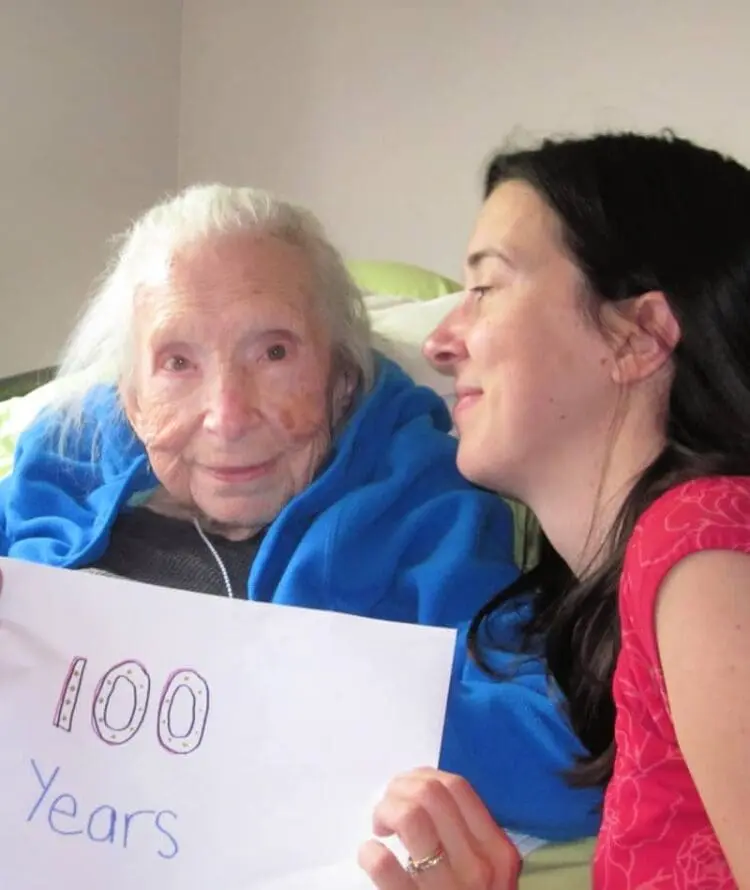People’s needs change as they age, as does their family’s role. Aside from providing care and support to aging loved ones, many families hire professional services to ensure that all their needs are adequately met. However, finding the right senior care solution can be challenging. For one, you must carefully assess the various individual needs of your older relative. Then, it would be best to consider their personal preferences, lifestyle, safety, and security. Finding the ideal senior care solutions is essential for the individual’s well-being and the family’s peace of mind. Worry not, as you’re sure to find what you’re looking for with an array of options available, from in-home care to assisted living facilities. Let this article be your guide. Read on and learn more!

Understanding the spectrum of senior care
Senior care comes in various forms, each designed to address specific needs and levels of independence. Here’s a brief overview:
- In-home care: This independent living option lets seniors stay home while receiving daily activities. It’s ideal for those who are relatively independent but need help with cooking, cleaning, and personal care.
- Assisted living: Facilities such as St. Vincent’s Care offer assisted living setups. It fosters a balance of independence and care, providing personal care services, meals, and social activities in a community setting.
- Nursing homes: Nursing homes offer higher care for those requiring 24-hour medical attention and assistance with daily activities.
- Memory care: Specialized facilities or units designed for individuals with Alzheimer’s, dementia, and other memory issues, offering structured environments and specialised care.
- Respite care: Short-term care options that give family caregivers a temporary break, available in-home or in a care facility.
Some families opt for a combination of the services mentioned above to accommodate schedules, health conditions, budget, and other factors relevant to the welfare of their aging relative. If the same scenario applies to you, you can look for a senior care provider with flexible setups.
Assessing your loved one’s needs

Choosing the proper care solution starts with a thorough assessment of your loved one’s needs.
1. Medical needs
Aging adults under professional care often have a range of medical needs that are common due to the natural aging process and the prevalence of certain chronic conditions. Here are some of the most common medical needs:
- Management of chronic conditions: Many aging adults suffer from chronic conditions such as heart disease, diabetes, arthritis, Alzheimer’s disease and other dementias, and osteoporosis. Managing these conditions involves regular monitoring, medication management, and lifestyle adjustments.
- Medication management: Older patients may require multiple medications to manage various health issues. Proper management is crucial to avoid adverse drug interactions and ensure the effectiveness of treatment plans.
- Support for activities of daily living (ADLs): Many older adults need assistance with ADLs, such as bathing, dressing, and eating, due to physical limitations or cognitive impairments.
These needs are often interrelated, requiring a comprehensive and multidisciplinary approach to care. The goal is to support aging adults in maintaining their health, independence, and quality of life as much as possible.
2. Personal care needs
The personal care needs of aging adults encompass a range of activities and support services that help them maintain their health, hygiene, and overall well-being as they navigate the challenges of aging.
Here are some of the critical personal care needs for aging adults:
- Hygiene and grooming: Assistance with bathing, showering, or sponge baths to ensure cleanliness and prevent infections. This also includes dressing, dental care and skin care.
- Toileting and incontinence care: Assistance with using the toilet, including getting to and from the bathroom, and managing incontinence, which may involve changing products like pads or adult diapers.
- Mobility support: Assistance with walking, moving from one place to another, and transferring (e.g., from bed to wheelchair) to reduce the risk of falls and maintain as much independence as possible.
- Eating and feeding: Help with preparing meals, as well as assistance with feeding if there are challenges with coordination, swallowing, or holding utensils.
Meeting these personal care needs is crucial for ensuring aging adults’ dignity, safety, and quality of life.

3. Social and emotional needs
Professional care services also provide social and emotional support designed to enhance the quality of life, foster emotional well-being, and reduce feelings of loneliness and isolation that many seniors experience. Here are some ways in which they offer social and emotional support to patients:
- Companionship: Caregivers provide companionship by engaging in conversation, sharing meals, and participating in activities together. This helps to combat loneliness and promotes a sense of belonging.
- Engagement in social activities: Caregivers facilitate participation in social activities within a care facility or community. This can include organising group outings, games, arts and crafts sessions, or visits to local events.
- Emotional support: Caregivers offer emotional support by allowing patients to express their feelings and concerns. It can help manage feelings of anxiety, depression, or stress, ensuring that seniors feel understood and valued.
- Memory care and support: For seniors with dementia or Alzheimer’s, professional care services offer specialised memory care that includes activities designed to stimulate cognitive function and reminiscence therapy, which can improve emotional well-being.
Professional care services ensure the patient’s later years are comfortable, safe, and filled with meaningful relationships and activities promoting emotional and social well-being.
4. Financial considerations
The cost of care is a crucial factor. Explore different payment options and what’s covered by your insurance provider.
Choosing the best senior care option is a significant decision that affects the whole family. Involve your loved one in the conversation to ensure their wishes are respected. Tour facilities, meet with caregivers, and discuss your options thoroughly. Remember, the goal is to find a place where your loved one will feel supported, cared for, and happy.
Conclusion
Caregiving is a wonderful opportunity to bond even more with your family member. However, caring for senior citizens full-time can also be draining. That is why it is important to know about various options from an assisted living facility to a skilled nursing facility. Finding the right senior care solution is a journey that requires patience, research, and love. By carefully considering your loved one’s unique needs and exploring the options available, you can make an informed decision that ensures their golden years are as fulfilling and comfortable as possible.
Related Posts:

Rosy says
I will follow these ideas when trying to make this difficult decisions. Of course you want your older family members to have the best care and the care setting does matter. Thanks for the useful article.
Emily says
Home care services with meal preparation sound ideal for now. But it is good to know about the senior care options and be prepared for what is coming in terms of long-term care. Elder care is a difficult phase of life but we are lucky to have our loved ones with us.
Philip says
Thanks for suggesting workable solutions for an aging parent. We are getting to the point soon where we need to be ready.
Avon Bepary says
Hi Scarlet,
Great job on this post! You have provided very nice information about Finding the Best senior care fit for your family. Your attention to detail and thorough explanations make your blog one of my favorites. Thanks for sharing helpful information.
Thank you!